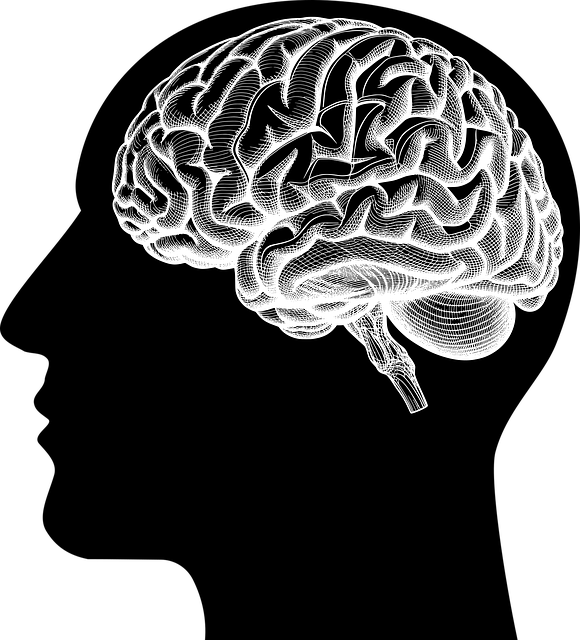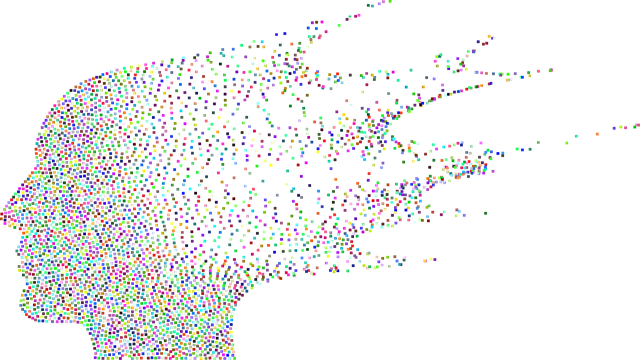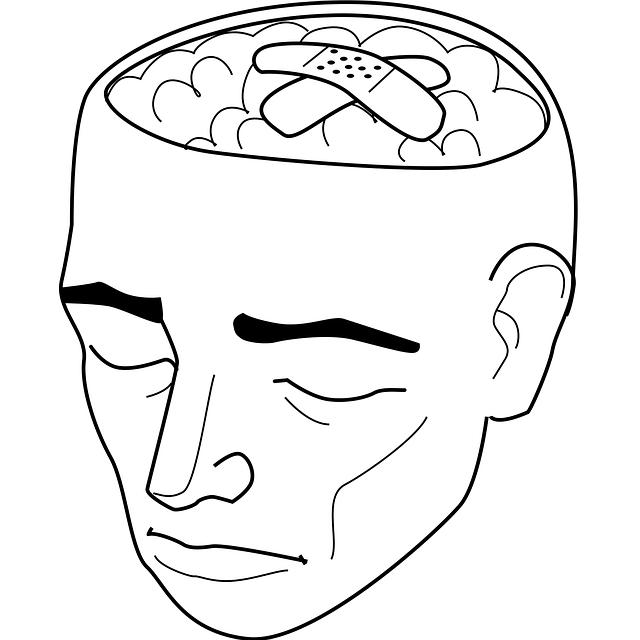Englewood Adolescent and Teen Therapy provides a supportive environment for teens to connect, share experiences, and learn from each other through expert-facilitated mental wellness groups. Facilitators create a safe space by balancing structured guidance with flexibility, encouraging open communication, managing dynamic interactions, and promoting positive mental health practices. They use risk assessment techniques and inclusive education programs to enhance overall well-being and ensure every member feels heard and supported. Interactive strategies like group discussions and activities normalize sensitive topics, foster resilience through role-playing scenarios, and promote emotional healing through meaningful connections. Evidence-based practices such as cognitive behavioral therapy (CBT), mindfulness exercises, and empathy-building strategies empower teens to challenge negative beliefs, adopt positive mindsets, and cultivate long-term mental health resilience.
In today’s digital era, mental wellness groups play a crucial role in adolescent and teen therapy, offering a supportive community where young individuals can navigate challenges. This article delves into effective facilitation techniques for such groups, focusing on creating safe spaces, engaging teens through interactive activities, fostering open communication, and empowering them with tools for long-term mental health growth. Discover how these strategies, tailored by professionals at Englewood Adolescent and Teen Therapy, revolutionize youth support.
- Understanding Mental Wellness Groups: The Role of a Facilitator
- Building a Safe and Supportive Environment for Teens
- Engagement Strategies: Making Sessions Interactive and Meaningful
- Techniques to Foster Open Communication and Trust
- Empowering Adolescents: Tools for Long-Term Mental Health Growth
Understanding Mental Wellness Groups: The Role of a Facilitator

Mental wellness groups offer a unique and supportive environment where individuals can connect, share experiences, and learn from one another. As a facilitator, your role is pivotal in creating this safe space. At Englewood Adolescent and Teen Therapy, we understand that effective group facilitation requires a nuanced approach, balancing structure with flexibility to cater to the diverse needs of participants.
The facilitator acts as a guide, helping members navigate discussions, foster open communication, and encourage active participation. This involves setting clear goals for each session, facilitating engaging activities, and ensuring everyone feels heard. Moreover, facilitators must be adept at managing dynamic group interactions, addressing potential conflicts, and promoting positive mental health practices. By incorporating techniques from risk assessment for mental health professionals and designing inclusive mental health education programs, facilitators can enhance the overall well-being of group members, ultimately contributing to successful outcomes.
Building a Safe and Supportive Environment for Teens

Creating a safe and supportive environment is paramount when facilitating mental wellness groups for teens, especially considering the unique challenges they face in today’s world. As a professional in adolescent and teen therapy, like those at Englewood Adolescent and Teen Therapy, it’s crucial to foster an atmosphere of trust and understanding. This involves incorporating cultural sensitivity into mental healthcare practice, acknowledging and respecting diverse backgrounds and experiences. By doing so, teens feel seen and heard, encouraging open communication about their struggles.
Additionally, crisis intervention guidance plays a vital role in these settings. Facilitators should be equipped to handle emotional crises effectively while ensuring every participant feels emotionally safe. Resilience building is another key aspect; helping teens develop coping strategies to navigate life’s challenges can empower them to seek support without fear of judgment. These techniques collectively contribute to a nurturing environment where teenagers can embark on their journey towards improved mental wellness.
Engagement Strategies: Making Sessions Interactive and Meaningful

Creating an engaging environment is key to facilitating effective group therapy sessions for adolescents and teens, as it fosters a sense of community and encourages active participation. Interactive engagement strategies are vital tools for therapists at Englewood Adolescent and Teen Therapy to ensure every member feels heard and valued. One powerful technique is incorporating group discussions and activities that promote open communication. This could involve sharing personal experiences related to mental health challenges, which normalizes conversations around sensitive topics like anxiety or emotional healing processes.
By making sessions interactive, facilitators can guide participants through various exercises aimed at resilience building. For instance, role-playing scenarios allow teens to practice coping mechanisms in a safe setting, helping them develop strategies for managing stress and anxiety relief. These dynamic approaches not only make therapy more enjoyable but also facilitate meaningful connections among group members, fostering an environment conducive to emotional healing processes.
Techniques to Foster Open Communication and Trust

Creating an open and supportive environment is key to successful group facilitation, especially when addressing sensitive topics like mental wellness. Techniques such as active listening and structured discussions can foster a sense of trust among members, encouraging them to share their experiences and perspectives freely. Facilitators at Englewood Adolescent and Teen Therapy utilize these methods to build a safe space where young individuals feel empowered to express themselves honestly.
By promoting open communication, group therapy sessions become dynamic and interactive, allowing participants to learn from one another’s journeys. This sharing fosters empathy, normalizes diverse emotional experiences, and helps break down the mental illness stigma. Moreover, it paves the way for effective problem-solving strategies, as Stress Reduction Methods can be collaboratively explored and implemented within the group setting, ultimately enhancing Anxiety Relief for all involved.
Empowering Adolescents: Tools for Long-Term Mental Health Growth

Englewood Adolescent and Teen Therapy focuses on empowering young individuals to cultivate long-term mental health resilience. By incorporating evidence-based practices, facilitators can help adolescents navigate challenging emotions, build coping strategies, and develop a strong sense of self-worth. Techniques such as cognitive behavioral therapy (CBT), mindfulness exercises, and empathy-building strategies are instrumental in fostering emotional intelligence and enhancing overall well-being.
These approaches not only address immediate concerns but also lay the foundation for future mental wellness. Through engaging discussions and interactive activities, facilitators encourage teens to explore their thoughts, challenge negative beliefs, and adopt positive Mind Over Matter principles. This holistic approach equips adolescents with the tools needed to manage stress, prevent depression, and cultivate a lifelong commitment to their mental health.
Mental wellness group facilitation plays a pivotal role in empowering adolescents, as highlighted by the techniques discussed. By creating safe spaces, engaging teens interactively, fostering open communication, and promoting trust, facilitators can significantly contribute to long-term mental health growth. For parents seeking support, Englewood Adolescent and Teen Therapy offers specialized services that incorporate these strategies, ensuring a nurturing environment for young minds to thrive.










